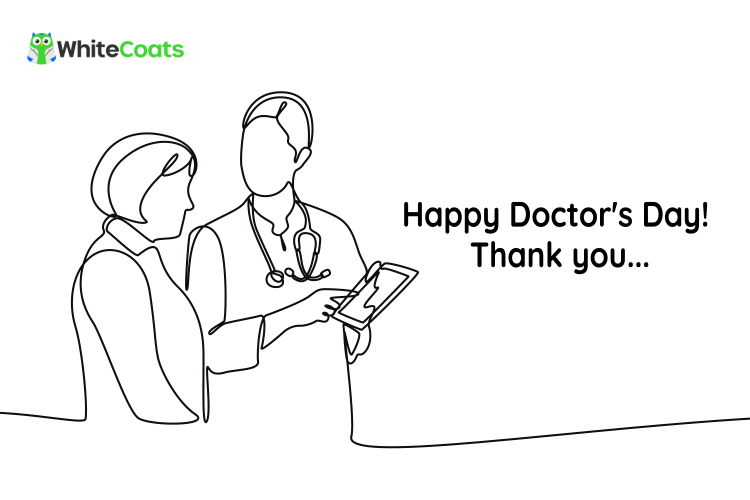
Celebrating National Doctors’ Day : Honoring Our Healthcare Heroes
July 1, 2024Book A Free Demo
Latest Blogs
India contributes to around 4% of the global burden in terms of malaria incidence and deaths and the Government of India aims to eliminate malaria completely by the year 2030.
A better understanding of the current disease management strategies may help in initiating improved malaria control approaches to limit the advent, spread, and intensification of malaria infection.
Objective: Determining doctors’ perception of the management of malaria in their patients

A total of 174 doctors participated in the survey – General practitioners (49%), Dentists (10%), Ayurvedic doctors (8%), Others (33%)
Our study reveals that the majority of doctors consider the effectiveness of the drug as the most important factor while prescribing. Most of the doctors feel that incomplete drug regimens form the major factor responsible for drug resistance in malaria. According to doctors, an online portal for malaria can immensely benefit patients.
Initiatives should be taken to strengthen the awareness programs by using online portals. Doctors can educate their patients about the importance of completing the treatment course and guide them for a faster recovery. Additionally, healthcare organizations can contribute to achieving malaria-free India by enhancing access to drugs in remote areas and sub-regional monitoring of anti-malarial drug efficacy and resistance.
To know more about Doctors’ Perception On The Use Of Social Media In Healthcare, Click Here
To know more about how WhiteCoats can help you in your professional advancement, visit www.whitecoats.com


